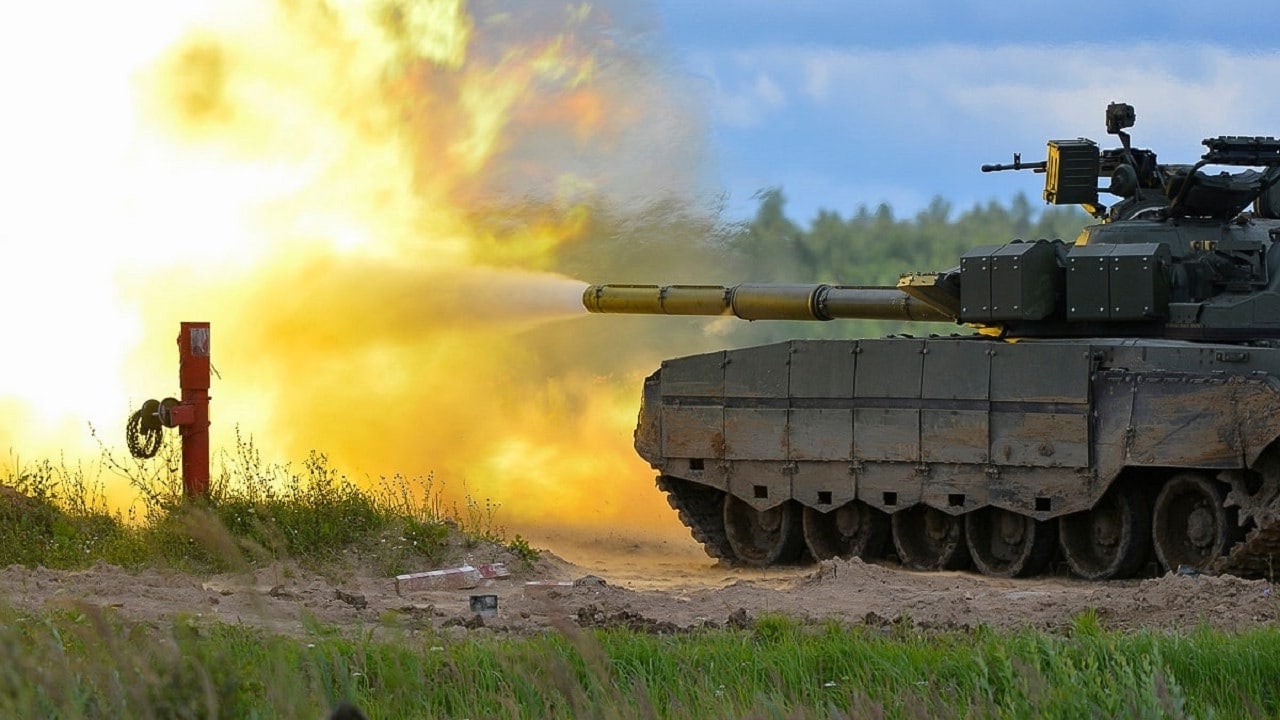Is Putin Trying to Prevent NATO’s Push to Improve Ukraine’s Air Defence Capabilities? – Russian President Vladimir Putin appeared to downplay the possibility of further widespread missile strikes across Ukraine, following the most brutal and deadly campaign of rocket and drone strikes across Ukrainian cities that occurred early on Monday morning.
Putin’s Sneaky Move to Stop Ukraine’s Air Defense Plans
Speaking at a press conference following a summit in Kazakhstan, Putin said that the call-up of members of his military’s reserves will be complete within the next two weeks. The Russian president also suggested that there are no plans for an additional mobilization of troops and that new missile strikes across Ukraine were unnecessary.
“We do not set ourselves the task of destroying Ukraine. No, of course not,” the Russian president said.
Putin also said that 220,000 reservists have been deployed so far, with a total of 300,000 expected to be sent to fight in Ukraine in the coming days. He also offered an insight into why he chose to launch a “partial mobilization” of Russian troops, describing that contract soldiers alone were not sufficient to defend the front line in Ukraine, which stretches almost 700 miles and is currently being pushed back by a successful Ukrainian counteroffensive.
Putin not only suggested that new bombings were not on their way, but he also echoed comments made by Kremlin spokesman Dmitry Peskov this week that Russia is willing to engage in a new round of negotiations with the West. By suggesting that international mediation would be required if Ukraine intends to take part, Putin also offered some clarification on what the Kremlin expects to come out of these negotiations. Negotiations, should they take place, would likely be focused on supervised re-dos of the referendums in the Donbas, and require that Kyiv drop its commitment to liberating all Ukrainian territory, including Crimea.
Putin Seems Destined to Fail
While Putin may well be telling the truth when he says it is not his government’s intention to destroy Ukraine, it’s clear that the Kremlin is willing to resort to bombing campaigns that do exactly that to achieve his stated goal of “liberating” the Donbas. The comments also come after NATO forces committed to providing more air defense systems to create a “patchwork” network that would protect Ukraine from future bombardments from Russia.
The Russian president’s comments, therefore, could be interpreted as an attempt at hindering those plans by giving NATO allies reason to believe that the air defense systems are not as urgently needed as initially thought. However, with Ukrainian President Volodymyr Zelenskyy having already welcomed several new offers from the United Kingdom, United States, and Spain, it seems unlikely that air defense systems already pledged to Ukraine will not now be sent.

HIMARS. Image Credit: U.S. Military.
As NATO forces rush to build up Ukraine’s air defenses, Zelenskyy doubled down on the urgency of the matter by claiming Ukraine has just 10% of the air defense systems it needs.
If Putin is attempting to deter NATO from ramping up donations of surface-to-air and air-to-air missiles and missile systems, he has already failed.
Jack Buckby is a British author, counter-extremism researcher, and journalist based in New York. Reporting on the U.K., Europe, and the U.S., he works to analyze and understand left-wing and right-wing radicalization, and reports on Western governments’ approaches to the pressing issues of today. His books and research papers explore these themes and propose pragmatic solutions to our increasingly polarized society.

